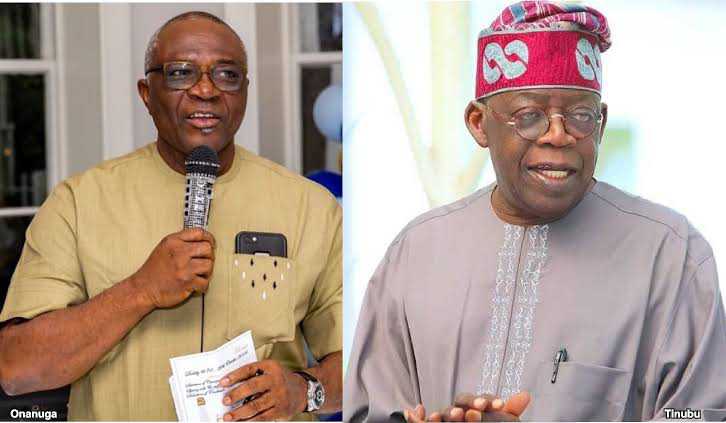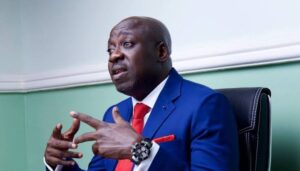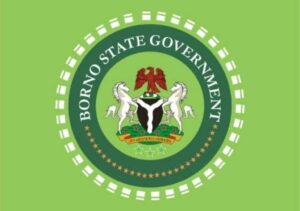President Bola Tinubu’s Special Adviser on Media and Information Strategy, Bayo Onanuga, has given Nigerians hope that the cost of living will soon go down. He said this will happen as the country begins to feel the benefits of the government’s recent economic changes.
Speaking during a press interview in Lagos on Sunday, June 1, Onanuga said the government’s actions are starting to take effect in different areas. He pointed out that many long-standing problems that were ignored by previous leaders are now being addressed.
He explained that from the start of his term, President Tinubu had a clear plan and began putting major reforms in place. These actions, he said, are building a solid base that will help Nigeria grow in the long run.
Onanuga also mentioned that it’s not fair to judge Tinubu’s work after just two years. He said it often takes a decade or more to see the full impact of large-scale government reforms.
To give an example of the problems Tinubu’s government faced, Onanuga talked about the fuel crisis that came after the fuel subsidy was removed. He said the administration took over when the Nigerian National Petroleum Company Limited (NNPC) was almost broke.
At that time, many fuel stations didn’t have fuel. The NNPC was out of money to import fuel. It owed fuel suppliers about six billion dollars, and the government owed NNPC nearly four trillion naira. This made it hard to keep up fuel supply in the country.
On the topic of government borrowing, Onanuga said Nigeria is not the only country that takes loans. Even developed countries borrow money when needed. He explained that although Nigeria has many resources, it doesn’t always have quick access to cash.
He also said that the money being borrowed is being used well, especially for large projects like building coastal roads and improving infrastructure.
Speaking about the naira’s value going down, Onanuga defended the government’s actions. He said currency devaluation is a normal practice in many countries and is part of standard economic strategies.
He gave examples of countries like the UK and the US, which have devalued their currencies in the past. These decisions, he said, follow global economic rules and are not unique to Nigeria.
Onanuga also pointed out that the government is working hard to open up new business opportunities. He said there are several construction and development projects currently going on that weren’t even part of the original national budget.
He added that Nigeria’s production levels are rising and that people are slowly starting to earn more money. He highlighted how companies like Nestle and Nigerian Breweries have bounced back from earlier struggles by using local materials and improving profits.
According to Onanuga, the economy is creating chances for Nigerians to earn money in new ways. He gave the example of people who are making profits from exporting farm products like cocoa and Zobo. These people are using the new system to their advantage and are doing well.







